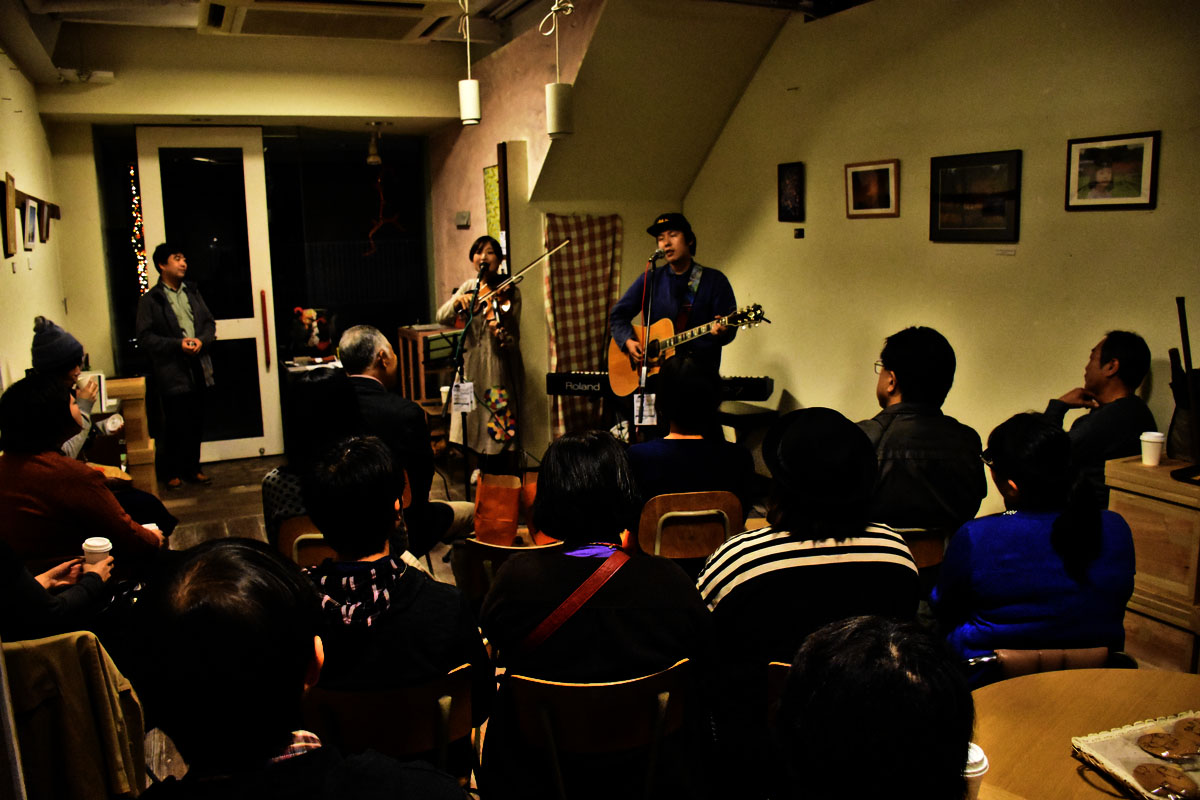While traveling in the northeastern part of Japan last month, I was struck by the way quirky, alternative and avant-garde music carves out a space for itself in parts of the country that are isolated from the major cultural centers.
Since moving on into the areas of the Kanto region that surround Tokyo, however, it has become clear that the challenges local musical communities must deal with here are in many ways the reverse of those facing more isolated areas such as Tohoku.
For musicians in a place like Iwate Prefecture, the problem is the ability of the relatively small and dispersed local population to support music that often has a niche appeal. In places such as Gunma, Saitama and Ibaraki, it is the very proximity of Tokyo and the vast gravitational pull it exerts over the local cultural landscape that local scenes must struggle against. For underground musicians in the cities of Saitama or Chiba, it's far easier to simply play in Tokyo where there are dedicated venues and a ready audience for their kind of music than it is to forge and maintain their own local scene.



















With your current subscription plan you can comment on stories. However, before writing your first comment, please create a display name in the Profile section of your subscriber account page.